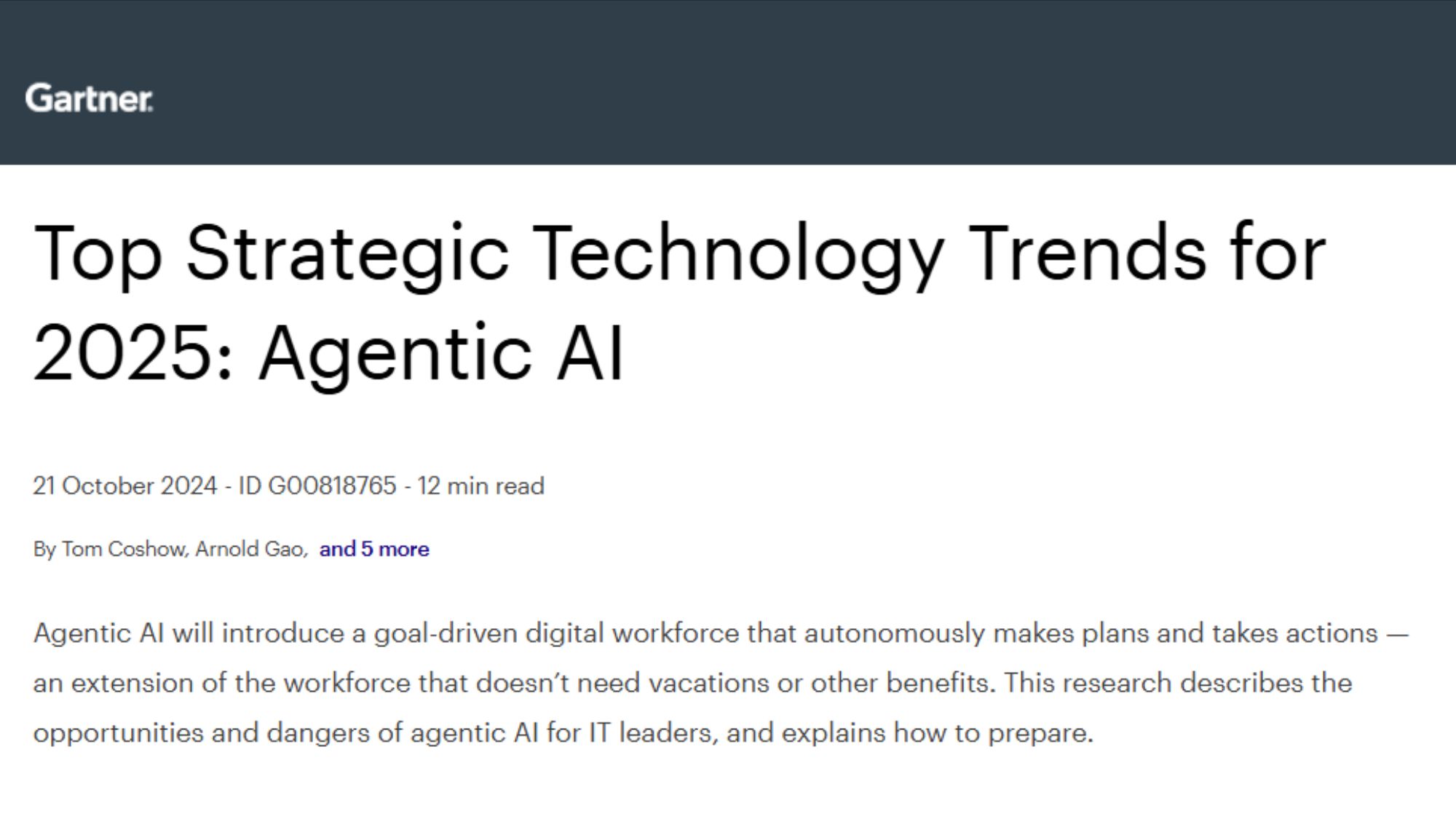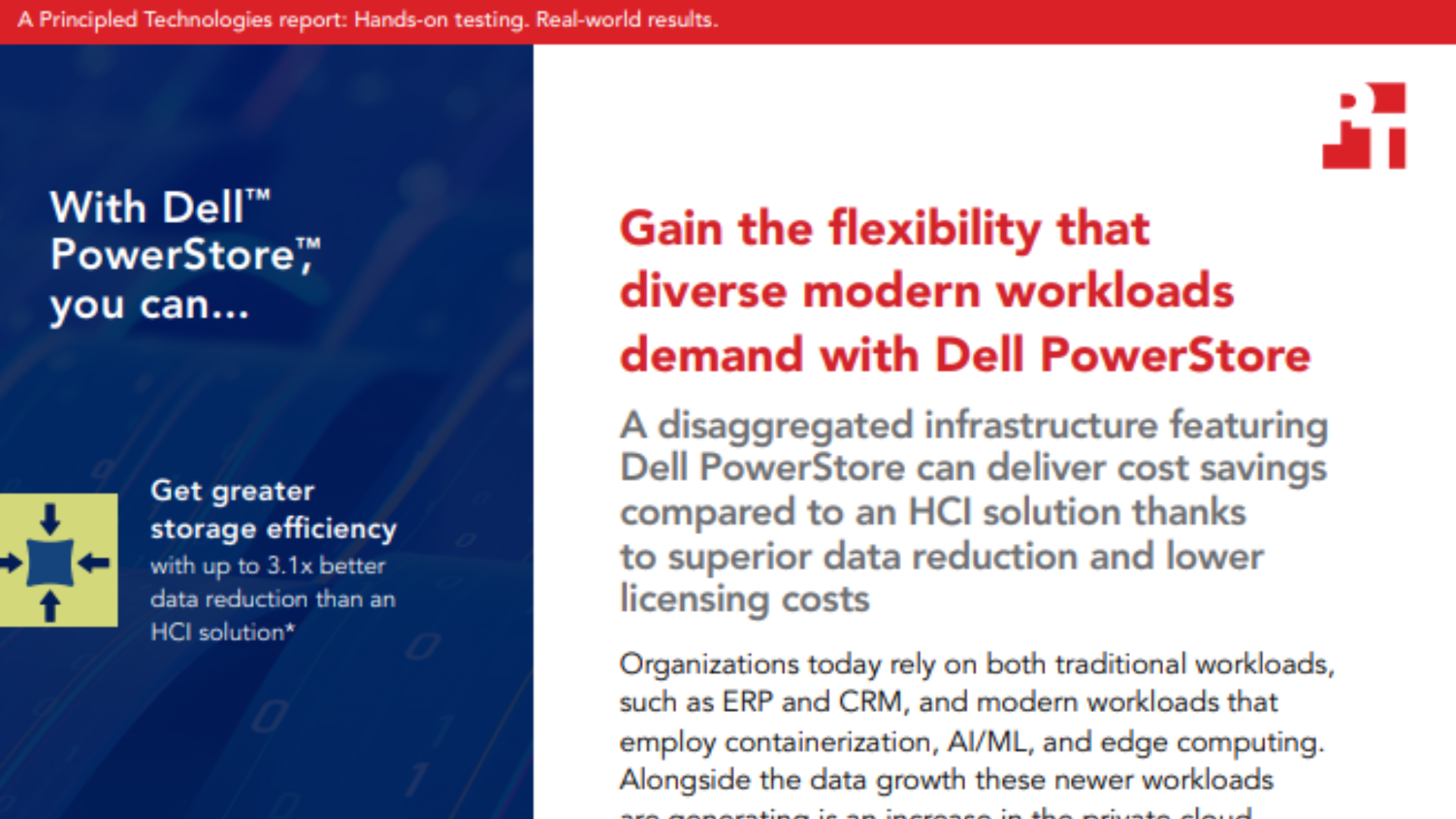UK gov releases new guidance for upskilling employees in AI
The new advice is intended to support businesses in improving AI skills


Sign up today and you will receive a free copy of our Future Focus 2025 report - the leading guidance on AI, cybersecurity and other IT challenges as per 700+ senior executives
You are now subscribed
Your newsletter sign-up was successful
The government has released guidance on how businesses can boost their workers' AI skills and is calling for input for future updates.
The aim is to set out the key knowledge, skills and behaviors that employees should have in order to reap the benefits of AI safely, including how to use tools such as Large Language Models, and how to manage data safely and securely.
The guidance was developed in partnership with the Innovate UK BridgeAI programme and the Alan Turing Institute.
"Businesses are increasingly interested to learn how AI could enhance their productivity and competitiveness, but they also want to ensure they have the skills and competencies to adopt these technologies safely and ethically," said Matt Forshaw, senior advisor for skills at the Alan Turing Institute.
"The new framework clarifies routes to workforce upskilling and will support businesses across the country to harness the value of AI. This project is underpinned by strong partnership working and we look forward to seeing the impact of this project on the current and future AI workforce."
The guidance categorizes people into four types. 'AI citizens' are members of the public, customers or employees. 'AI workers' don't work directly in AI on a day-to-day basis but are impacted by it. 'AI professionals' are employees with specific responsibilities around data and AI, while AI Leaders are people in senior positions who help to oversee and introduce emerging technologies, such as individuals in board-level roles.
The guidance then covers five 'dimensions':
Sign up today and you will receive a free copy of our Future Focus 2025 report - the leading guidance on AI, cybersecurity and other IT challenges as per 700+ senior executives
- Privacy and stewardship involves ensuring the protection of personal and sensitive data, managing sensitive data, and data stewardship and standards.
- Specification, acquisition, engineering, architecture, storage and curation covers data collection and management, data engineering and deployment.
- Problem definition and communication includes relationship management
- Problem solving, analysis, modeling, visualization covers identifying and applying technical solutions and project management approaches, along with data preparation and feature modeling.
- Evaluation and reflection looks at performance and outcomes, including where changes need to be made and whether there are any ethical considerations that should be taken into account.
"The recognition that AI is part of industry’s future and our workforce’s future is just the start of integrating AI into business at a grass-roots level," said professor Will Drury, executive director - digital and technologies at Innovate UK.
RELATED RESOURCE

Explore the complex world of today’s VPN management and understand its vulnerabilities to diverse cyberattacks
DOWNLOAD NOW
"Innovate UK’s BridgeAI programme concentrates on four key sectors – this piece of work will build on that by engaging with industry across the board."
The advice, said the authors, is intended as an evolving document and is now up for public consultation. The aim is to develop sector-specific case studies and resources and a full skills framework, to be published early in 2024.
"Making sure workers up and down the country have the skills they need for their jobs with and in AI is a key part of our strategy in making the UK an AI powerhouse and ensuring the skills of our workforce keep pace with this rapidly developing technology," said minister for AI, Jonathan Berry.
"This guidance will be vital in helping us realize that ambition, continuing an important conversation with businesses across the UK to make sure the steps they can take are practical, functional, and successful."
Emma Woollacott is a freelance journalist writing for publications including the BBC, Private Eye, Forbes, Raconteur and specialist technology titles.
-
 B2B Tech Future Focus - 2026
B2B Tech Future Focus - 2026Whitepaper Advice, insight, and trends for modern B2B IT leaders
-
 The UK government is working with Meta to create an AI engineering dream team to drive public sector adoption
The UK government is working with Meta to create an AI engineering dream team to drive public sector adoptionNews The Open-Source AI Fellowship will allow engineers to apply for a 12-month “tour of duty” with the government to develop AI tools for the public sector.
-
 Gartner Top Strategic Technology Trends for 2025: Agentic AI
Gartner Top Strategic Technology Trends for 2025: Agentic AI -
 Future focus 2025: Technologies, trends, and transformation
Future focus 2025: Technologies, trends, and transformationWhitepaper Actionable insight for IT decision-makers to drive business success today and tomorrow
-
 ‘Archaic’ legacy tech is crippling public sector productivity
‘Archaic’ legacy tech is crippling public sector productivityNews The UK public sector has been over-reliant on contractors and too many processes are still paper-based
-
 How to use LinkedIn to market yourself as an IT professional
How to use LinkedIn to market yourself as an IT professionalwhitepaper Whether you’re updating your LinkedIn profile or creating one for the first time, it’s critical to remain consistent and credible if you hope to raise your profile within the IT industry
-
 Public sector improvements, infrastructure investment, and AI pothole repairs: Tech industry welcomes UK's “ambitious” AI action plan
Public sector improvements, infrastructure investment, and AI pothole repairs: Tech industry welcomes UK's “ambitious” AI action planNews The new policy, less cautious than that of the previous government, has been largely welcomed by experts
-
 Top five security considerations for Generative AI (Gen AI)
Top five security considerations for Generative AI (Gen AI)whitepaper Protection across AI attack vectors


